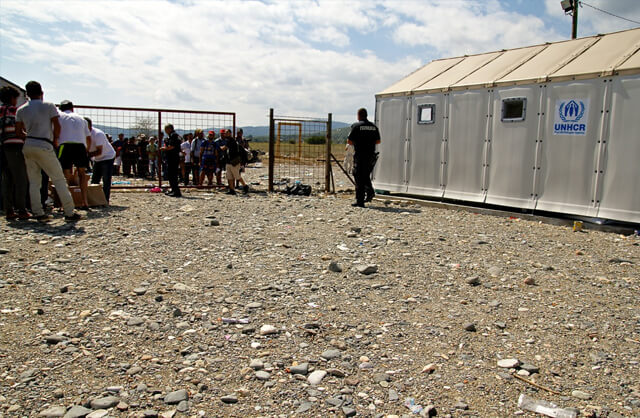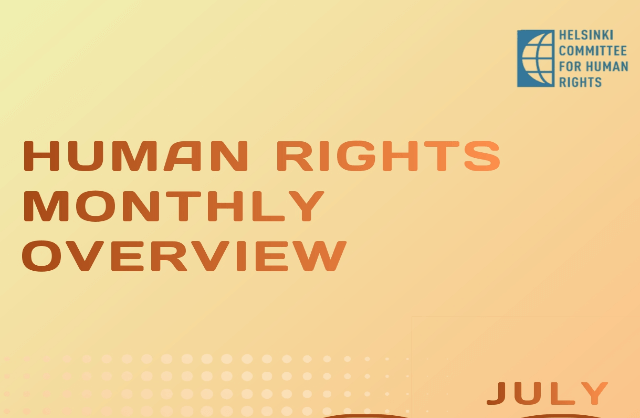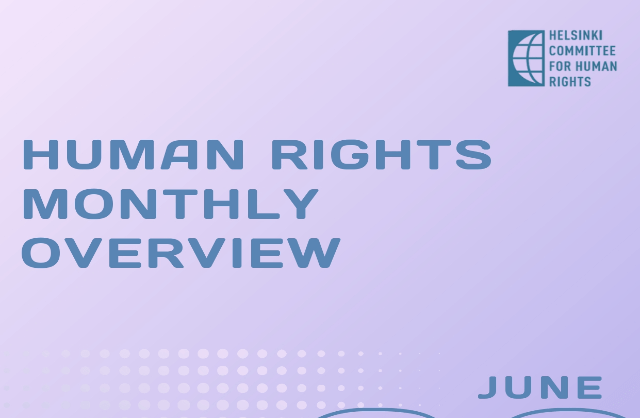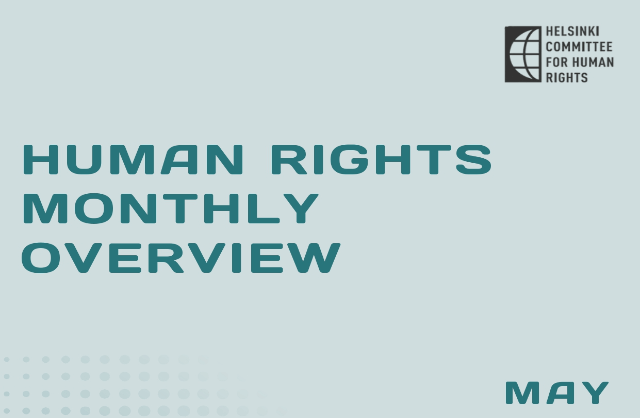The situation at the border crossings Gevgelija and Kumanovo for the period: 07.12.2015 – 13.12.2015
December 15, 2015

The weekly report on the situation at the border crossings Gevgelija and Kumanovo includes the following topics: Available facilities and conditions at the camp and Institutional treatment.
Gevgelija
Facilities and conditions
There is a lack of warm clothing and footwear in the camp. In the course of the week, the gas-heaters which were previously placed outside, were relocated inside the two tents in the camp, but they are insufficient to warm up the refugees or the other people present in the camp (activists, volunteers, police).
The international organization Amnesty International paid a visit to the camp.
Institutional treatment
At times, deviations occur from the organized and coordinated guidance of the refugees in groups, which leads to incidents. The language barrier continues to play a key role in the misunderstandings between the refugees and the police.
In a separated incident, on Wednesday the 9th of December, 2015, at 08 pm., unlawful and unjustified force was used by police officers who were on the shift. When police officers did not succeed to make a line in front of the ticket office, they started beating the refugees before them with batons, with no specific reason. First they hit the refugees on their bags, but then continued to hit them all, on their unprotected bodies. Particularly worrying was that one police officer was hitting a refugees who had his child on his back and did not provoke or caused to be hit in any way. Then, the police officers pushed the refugees by force in one of the tents (the biggest), and closed the doors. Namely, the beating continued inside as well. Warnings and calls from the activists and monitors who witnessed the event were disregarded by the police officers who acted on the spot. They later stated in their defense, that their reaction was provoked by the refugees, who attacked them in the first place.
The Helsinki Committee warns that this type of conduct by the police officers is unacceptable. It is inadmissible to use force which is not absolutely necessary and justifiable towards the refugees solely with the purpose to line them up, without giving them clear and understandable instructions to do so. Especially unacceptable is to use force in groups where children are present, and endangers their safety and causes feeling of insecurity.
With reference to this specific case, the Helsinki Committee will contact the Sector for Internal Control and Professional Standards under the Ministry of Internal Affairs.
A protest of the taxi drivers was held in the course of the week, who expressed their anger due the monopoly held by PE Macedonian Railroads over the transportation of refugees from Gevgelija to Tabanovce. Due to the protest, the flow of refugees decreased on certain days, since the protesters blocked the railroad.
The refugees who are caught up in the camp without adequate documents, are deported back to the border in vehicles and taken to Greek territory. Their number fluctuates from 15 to 70 a day.
Kumanovo
Facilities and conditions
There is still no heating in the camp. The only tents which have heating are the tents of the SOS Children’s village, which are designed for children, but they also have low capacity.
The camp was visited by the Ombudsman, Ixhet Memeti, as well as the Ombudsman of the Republic of Serbia, Saša Janković.
The organizations Merhamet, Klasja na dobrina (Stalks of Kindness), Mother Theresa, Karitas, are some of the organizations which handed out food and hot tea to the refugees in the course of the week.
Intensive work on upgrade of the camp is under way. Prefabricated bathing cabinets for the refugees have also been set up. There are no conditions in the camp for movement or rest of people with disabilities, which has posed a significant problem for a longer period of time.
Institutional treatment
There is a serious problem with the so-called “economic migrants” who are practically stranded in the transit camp of Tabanovce. In fact, around thirty people coming from countries other than Syria, Afghanistan and Iraq, who have arrived to Tabanovce on foot, are not allowed to move on,. They are unable to go back to the camp in Gevgelija by using any other means of transport since they do not possess valid documents for registration in the Republic of Macedonia (which would make it possible for them to legally move within a course of 72 hours), nor do they have any money on them. On the other hand, they are afraid to head back to Gevgelija on foot, in the same way that they arrived, since some of them were victims of robberies by armed groups on their way here. They have spent six days in the camp already, and the psychological state of several of them is getting worse due to the uncertainty of their situation. In the course of the week they were told by the services that they have to leave the camp, so they all went in unknown directions.

This report is made possible by the generous support of the Foundation Open Society Institute (FOSI) within the project „Improvement of the rights protection for migrants and asylum seekers in the Republic of Macedonia“. The contents are the responsibility of the Helsinki Committee for Human rights of the Republic of Macedonia and do not necessarily reflect the views of FOSI.


